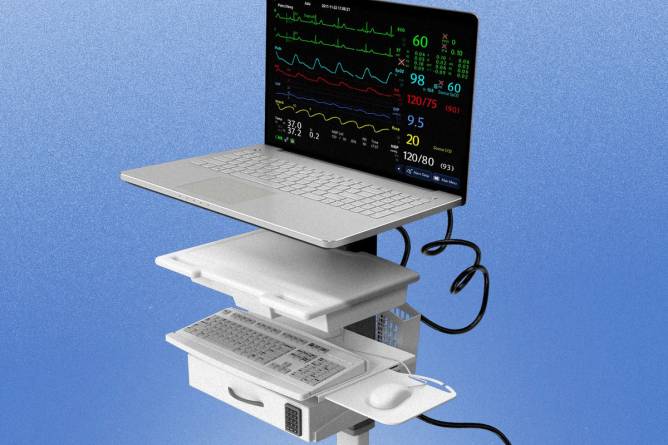Lawmakers are increasingly working to restrict gender-affirming care. As of March 2025, 27 states have banned or put restrictions on gender-affirming care for minors, according to data from the nonprofit think tank the Movement Advancement Project. And in January, President Trump issued an executive order directing agencies to limit access to those services, though it’s unclear how the order would be enforced. Much of that legislation is fueled by “misinformation” and misunderstanding of what gender-affirming care for minors entails, Elana Redfield, federal policy director at the Williams Institute, a think tank and research organization at the University of California, Los Angeles, told Healthcare Brew. “What we’re seeing with trans healthcare is that ideology is being treated as far more important than reality, and the result of that is, unfortunately, that a lot of trans people, especially trans kids, could get harmed by that,” Redfield said. Learn more about gender-affirming care here.—MA | 







